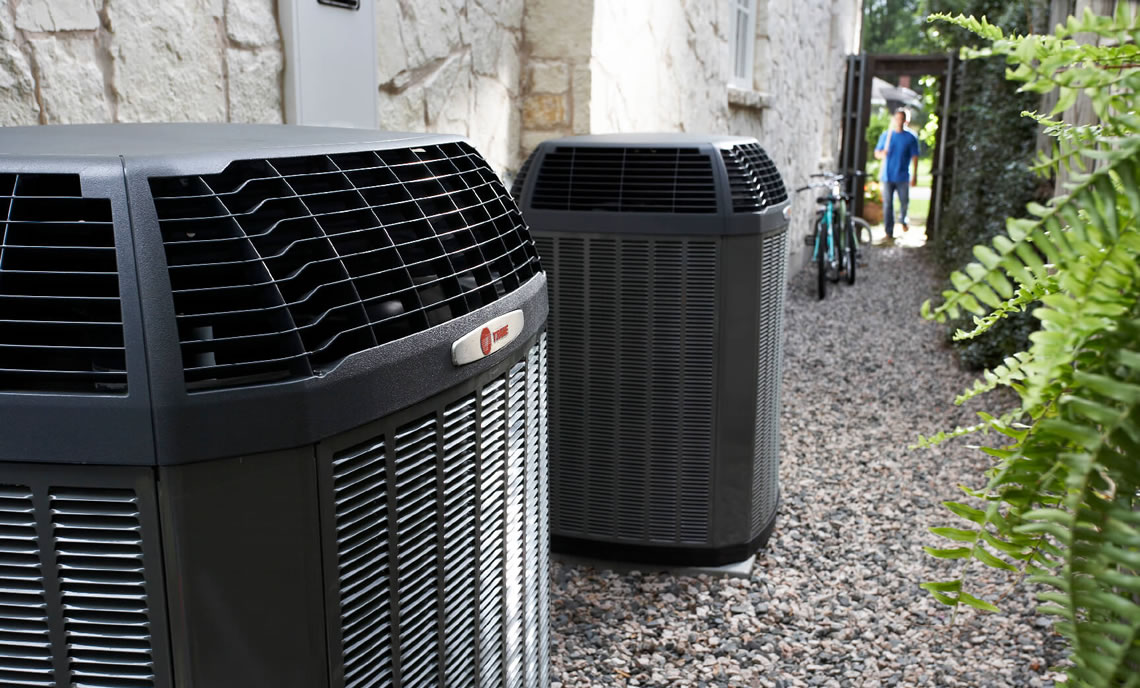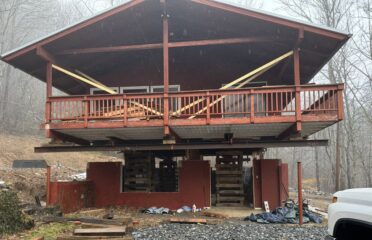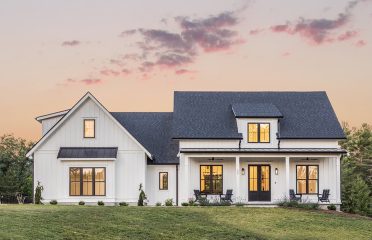Common Questions about HVAC Systems
The HVAC system is one of the hardest working systems in your home. It does a lot more than simply keeping you and your family cool in the summer and warm in the winter. In fact, protecting your home from excess moisture (think mold) and extreme temperature (think frozen pipes) is your HVAC system’s most important job.
Whether you’re building a custom home, renovating your home, or replacing your existing HVAC system, you’re bound to have questions. We put together this primer to answer some of the most common questions we hear from clients. If you have a question not answered here, then we recommend contacting one of our most trusted HVAC vendors, White and Williams in Asheville.
- What does HVAC mean? HVAC stands for Heating, Ventilation, and Air Conditioning. HVAC refers to the different systems used for moving air between indoor and outdoor areas, along with heating and cooling residential and commercial buildings.
- How do I know what size HVAC system is needed for my home? Because the sizes of homes vary, the sizes of HVAC systems also vary. The wrong size HVAC system will work harder to heat and cool your home, as well as control the humidity. As a result, it will cost more to run, and the increased wear and tear on the system will shorten the lifespan of the system.
For an oversized HVAC system, the equipment and installation will cost more. An oversized HVAC system can change the temperature in your home quickly, and that means it won’t stay on long enough to control your home’s humidity. Undersized systems will struggle to cool or heat your home adequately, and they’ll stay on almost constantly.
Knowing what size system is right for your home starts with your house plans and whether the construction process includes green building techniques, regardless of whether you plan to get it green-built certified. We recommend speaking with an energy rater and a quality HVAC contractor. They will evaluate your plans and the construction drawings and guide you to the right size HVAC system.
- How do I know if my HVAC system is efficient? A great question. Generally speaking, the more efficient furnaces, air conditioners, and heat pumps cost more to buy and install. But, the investment is worthwhile. Air conditioning and heat pump efficiency is rated by the Seasonal Energy Efficiency Ratio (SEER). The higher the SEER rating, the more efficient the air conditioner or heat pump will run, leading to lower energy bills. For example, a 20 SEER system will provide twice the efficiency of a 10 SEER AC unit.
Using green building techniques will likely lower your energy costs even more, helping your already efficient HVAC system be even more efficient. An energy rater is an invaluable resource that can help you get the most out of your HVAC system.
- What are some of the features of an HVAC system? Many convenient features are available, including programmable thermostats that you can control from your phone or tablet, ductless systems, and units with variable-speed fans. An HVAC system with zoning can reduce your energy costs by letting you choose a different temperature for each zone. It’s important to discuss with the HVAC contractor how you plan to live in your home. For homeowners with a master bedroom on the main level and secondary bedrooms on another level that are used infrequently, it would make sense to use one zone to keep the main level comfortable for everyday living while using another zone to use less energy heating and cooling areas that are not in use.
We’re sure you have many other questions, and we’d be glad to refer you to a trusted HVAC vendor to answer your questions. In the meantime, read more maintenance tips and download our Seasonal Maintenance Checklist







